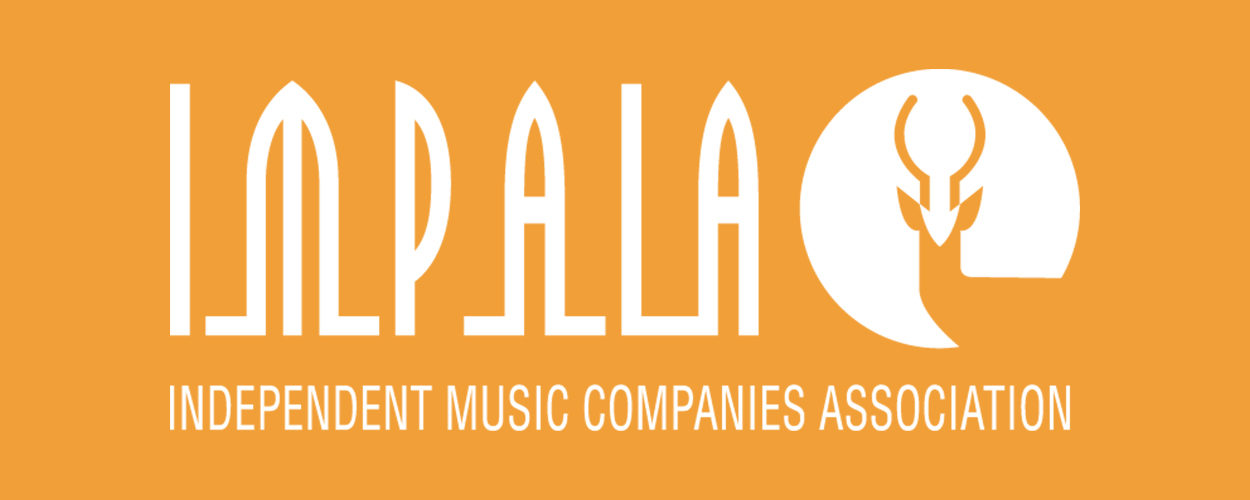This website uses cookies so that we can provide you with the best user experience possible. Cookie information is stored in your browser and performs functions such as recognising you when you return to our website and helping our team to understand which sections of the website you find most interesting and useful.
Business News Labels & Publishers Legal
IMPALA calls on European Commission to complete its investigation into the ‘reciprocity approach’
By Chris Cooke | Published on Wednesday 15 March 2023

IMPALA – the pan-European organisation for the independent music community – has called on the European Commission to hurry up and complete its work considering what European law says about the flow of broadcast and public performance royalties between countries. That’s something the EC has been busy considering ever since 2021 following a ruling in an Irish court case in 2020.
This all relates to how income collected by the record industry’s collecting societies, when recorded music is broadcast or played in public, flows around the world.
Each country has its own society which issues licences and collects money in its home market. Under the usual system, where a user of music in country A uses recordings released by artists and labels in country B, the society in A passes any royalties due over to the society in B, which then pays the relevant performers and rightsholders.
However, in some countries there are limitations in copyright law regarding what income is due from the broadcast or public performance of music.
Where that is the case, other countries might not actually pass any royalties over when music from those places is used, on the basis that no money is flowing back in the other direction. That system is referred to as the ‘reciprocity approach’.
The rules on this differ from country to country, but some European countries apply the reciprocity approach in one way or another.
That included Ireland. However, in a dispute between Irish collecting societies RAAP and PPI – which respectively represent performers and rightsholders – the question was raised as to whether that reciprocity approach was actually allowed under European law and/or according to the EU’s interpretation of the global copyright treaty that covers these things.
The Irish courts bounced that question up to the EU courts which answered “no“. The EU court basically said that because the specific European directive relevant to the Irish case didn’t mention the reciprocity approach, EU member states couldn’t apply it. The previous assumption – actually backed by the European Council – was that because the relevant directive was silent on reciprocity, EU member states could apply it if they wanted to.
Some in the music industry welcomed that ruling, especially US collecting society SoundExchange. Because the US is the big market where copyright law does not provide artists and labels with royalties from traditional radio and public performance, which means that when other countries apply the reciprocity approach, no monies flow to American performers and/or rightsholders.
But in Europe there was plenty of opposition to the ruling, which many labels saw as being an incorrect interpretation of European law and global copyright treaties. And those critics of the ruling welcomed the news in 2021 that the European Commission was investigating the matter.
One possible outcome of that investigation could be a proposed amendment to EU law. After all, given the ruling in the Irish society case was the result of European law being silent on this issue, one solution would be to amend the rules so to clarify that the reciprocity approach is allowed.
But despite that 2021 investigation being announced, so far there has been no progress in this domain. And we need some progress. Or so says IMPALA.
“Two and a half years have now passed since the decision of the European Court Of Justice in the RAAP case”, the trade group said this morning. “This decision has created an anomaly. The principle of reciprocity as enshrined under international copyright has basically been suspended as a result. If allowed to stand, this will have a massive impact on the livelihoods of thousands of European music artists and independent music businesses and on cultural diversity”.
“It is time to clarify the meaning of the original legislation to reflect the basic principles of international copyright as relied upon by both member states and collecting societies for decades”, it went on. “That means confirming the principle of reciprocity across the EU, while also accommodating member states with a different approach”.
IMPALA Executive Chair Helen Smith added: ”A devastating transfer of over €125 million every year out of Europe is on the horizon. We have been calling on the European Commission to address this since the ruling came out in September 2020, but despite some initial positive signs last year the silence in recent months has been deafening”.
“Let’s make no mistake”, she continued, “inaction is not neutral. It is equivalent to an active policy decision to let an anomaly become law … we are sleepwalking our way into a financial and cultural disaster for the thousands of small European music companies and their artists who account for 80% of all new releases in Europe today”.





